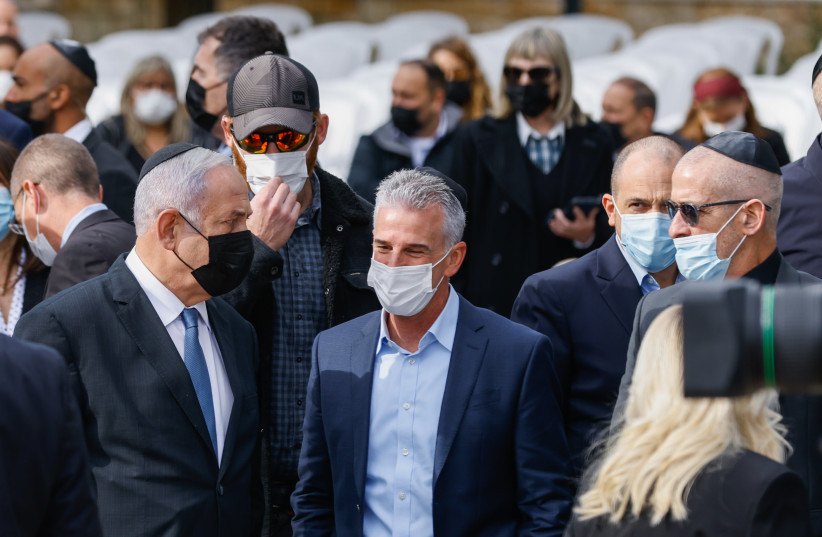Mossad Chief David Barnea is expected to depart to Washington Monday for a series of meetings at the White House, the State Department, the Pentagon, the CIA and US Congress as the US and the superpowers are on the verge of reviving the 2015 nuclear agreement with Iran.
Barnea’s trip follows one by Defense Minister Benny Gantz and National Security Adviser Eyal Hulata last month. Prime Minister Yair Lapid also spoke with US President Joe Biden last week. While in Washington, Barnea is expected to speak with the House and Senate intelligence committees.
Dr. Michael Makovsky, president and CEO of the Jewish Institute for National Security of America (JINSA), noted that Barnea’s visit to Washington is the latest in a string of senior Israeli security officials intended to shape US policy toward Iran, “including preventing it to [make an] agreement to a dangerous new nuclear deal with Tehran.”
“His planned meeting with Congressional intelligence committees is especially important since Israel needs to reach out more to Members of Congress who are in the position of opposing or blocking any agreed deal,” said Makovsky. “Still, I fear Israel’s efforts will continue to have limited impact on US policy unless it conducts a more public campaign aimed at galvanizing broader opposition in Congress and among the American people.”
According to Danny Ayalon, former Israeli deputy foreign minister, every visit of the Mossad head in DC is important by definition but the subject matter and the timing of this visit “make it doubly important.”

“However, I have little faith in Israel’s ability to significantly change US position vis-à-vis Iran because of the US’ interest in bringing down oil prices, and President Biden’s desire to get a diplomatic achievement ahead of November midterm elections,” Ayalon said.
“If an agreement is not reached it will be solely Iran’s doing,” he said. “Barnea will seek to convince the US to toughen up its positions regarding the IAEA probes of Iran’s nuclear sites and reject any sanctions relief for the IRGC. He would also likely press the administration to coordinate a mutual stance on how to act should the Iranians cheat after the deal was signed, and insist that any sunset clause will be extended beyond 2030.”
Barnea 'spoke out forcefully against Iran nuclear deal'
Dr. Jonathan Schanzer, senior vice president for research at the Foundation for Defense of Democracies in Washington, said that Barnea spoke out forcefully against the deal amidst a debate within Israel, “spurred on mostly by left-leaning media figures, who falsely asserted that the deal was acceptable to the government of Israel.”
“It is decidedly not,” Schanzer continued. “Barnea is now heading to the US to underscore this point with data and supporting evidence, likely with implications for future Israeli action. This is a serious message that he is delivering to Washington. And it is one that only the head of the Mossad can deliver.”
He went on to say that he does not believe the visit will change the US calculus. “But the warnings will be taken seriously. Both in terms of the outlook on Iranian activity, and also the increased likelihood of Israeli action,” said Schanzer.
